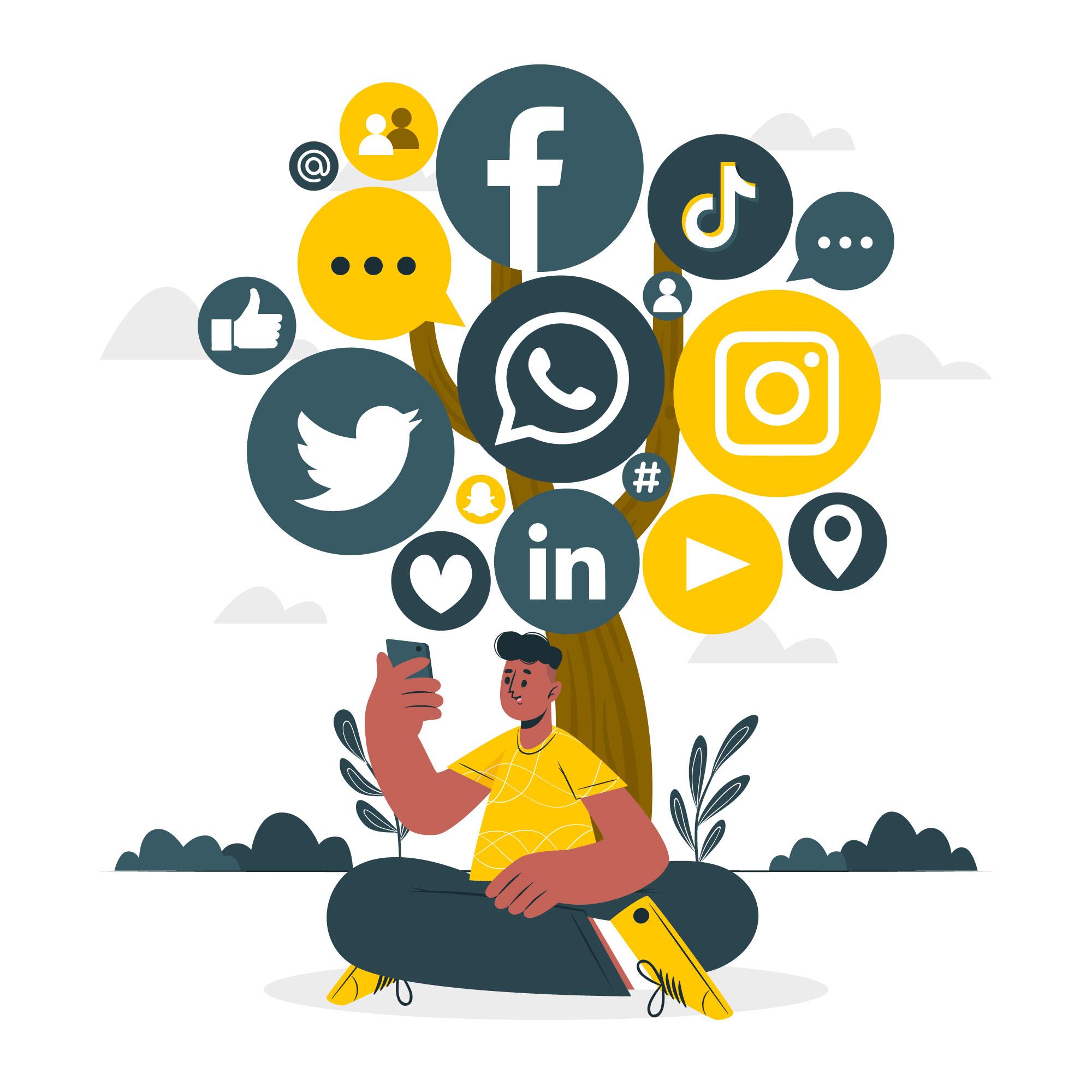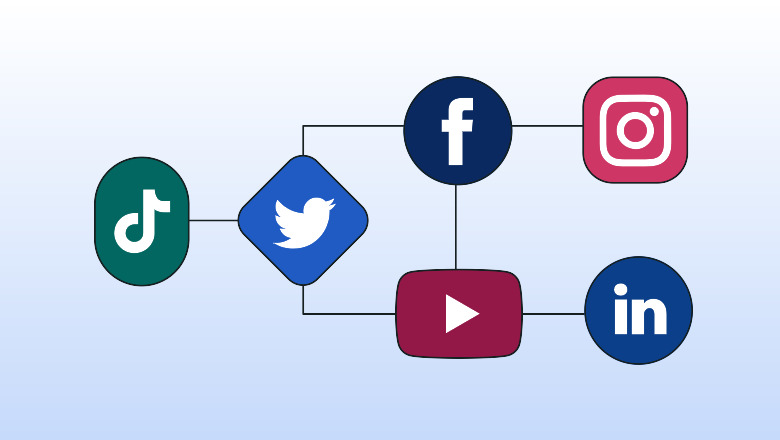
Ethical use of social media: To use social media properly with community morals and the protection of others in mind. Social media is a huge form of communication and bonding that young and old like to use. It helps us connect with others and update others about our current lives. It can also be used as an information source from trusted sources such as the News. The ethical use of social media is important since if we don’t use it ethically we could negatively affect or harm others and even ourselves.
A lot of social media services advise and encourage 2-step verification and a strong password. They also use encrypted data so that no third-party can have access to your information unless they are the user or a process. Social media could steal bits of information from you to help improve their site yet could misuse this information for their personal gain. Social media makes people ignore some personal information and privacy constraints, causing vulnerability. It also introduces the risk of hacking and losing your personal information to 3rd parties.
Social media was designed to be addictive, which could cause anxiety and depression. It can also introduce the world of cyberbullying and social comparison that can decrease someone’s mental well being. But social media can be great for communication and finding a community that relates to you. Social media’s ethical responsibilities include transparency (identity, affiliation), respect (privacy, dignity, rights), responsibilities (content they allow), authenticity (authentic w/ out manipulation),and accountability (accountable for their actions).
Misinformation spreads because users don't have the critical thinking skills necessary for discerning truth from fake information or because their strong political beliefs skew their judgment, while good information is used to inform others. False information can cause people to reject scientific guidelines, professional research, and facts just to belive falsehood. Platforms and users can combat false information by making sure it comes from a reliable source. They can fact check and do their own research to make sure that all the information is properely provided.
When people engage in extensive use of social media, they may unintentionally replace in-person interactions with online relationships, making them feel more socially isolated. Consequently, this creates the feelings of loneliness. When speaking with someone in-person they give social cues like tone and gestures. But when talking digitally these cues are non-exsistant, making it more challenging.

Personally I can apply ethical principles into my social media use by always being respectful and double checking where I get my information. I can make sure to respect all opinions online even if I don't exactly agree with them and when disagreeing doing it in a propper manner.
Social media is a double-edged sword, if used right would benefit you while using it wrong can effect you mentally and physically. Social media plays a big part in our lives and making sure everyone is being respectful is difficult. But you can help by making sure you use social media ethically and respectfully. So the next time you scroll make sure your information is from a propper source, check in on your mental well-being, and stay safe from data fishers.


Here’s How Social Media Affects Your Mental Health | McLean Hospital. Mass General Brigham McLean. (n.d.). Mass General Brigham McLean Barrett-Maitland, N., & Lynch, J. (2020, February 5). Social Media, Ethics and The Privacy Paradox. IntechOpen. Ethics and The Privacy Paradox Weil, A. (2023, March 27). What Are Social Media Ethics?. AATBS. Social Media Ethics Medzerian, D. (2023, December 8). Study Reveals Key Reason Why Fake News Spreads on Social Media. USC Today. Reasons Why Fake News Spread Wu, P., Feng, R., & Zhang, J. (2024, January 4). The Relationship Between Loneliness and Problematic Social Media Usage in Chinese University Students: A Longitudinal Study. BMC psychology. Relationship Between Loneliness and Social Media Ethics and Empathy - Digital Citizenship Education (DCE) - www.coe.int. Digital Citizenship Education (DCE). (2023, October 7). Ethics and Empathy